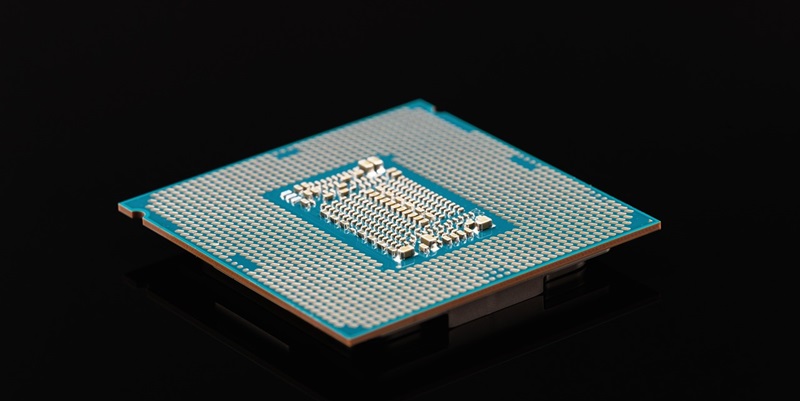Intel is set to release the 14th Gen Core i9-14900KS CPU, a powerhouse of performance that pushes the boundaries of clock speeds in the consumer market. Priced at $749, as per Micro Center’s unintended revelation, it makes a significant leap from its predecessor, the 14900K model. This premium processor boasts the capability to reach up to 6.2GHz, catering to a very specific demographic of users who are after the most robust performance available.
Such horsepower under the hood doesn’t come without its caveats. The 14900KS will ship without a fan or heatsink, a hint at the extraordinary cooling solutions required to handle the intense heat generated by such high clock speeds. Thus, this CPU is clearly aimed at the segment where extreme overclocking and high performance are not just desired, but necessary. It’s a niche market, but for those within it, price is often a secondary concern to the raw performance, which the 14900KS is built to deliver.
Technological Evolutions and Tile-based Architecture
The i9-14900KS is more than just a high-speed processor; it symbolizes the pinnacle of Intel’s monolithic design before a significant architectural shift. Future innovations will be steering towards utilizing tile-based architecture with Foveros technology, a testimony to the evolving processor design landscape. This makes the 14900KS perhaps one of the last of its kind, the final hurrah for enthusiasts looking to push the limits of what’s currently possible with monolithic processor design.
While it may be at the top of today’s performance pyramid, the 14900KS also represents the end of an era. Intel’s continued push into new processor designs indicates how the field is rapidly changing and that tomorrow’s performance champions will likely be fundamentally different from today’s behemoths. For the consumer, this raises the question: is the investment in the 14900KS sensible given the imminent arrival of newer technologies?
Performance Expectations and Market Positioning
Intel’s strategic pricing of the Core i9-14900KS is indicative of its understanding of the market segment it aims to capture. Those invested in the top tier of computing performance are typically less sensitive to price, prioritizing the incremental boost in power that the processor promises to deliver. For this audience, the 14900KS is more than just a CPU—it’s a statement of capability and the potential for achieving unparalleled computational power.
Yet, with advancements in technology come questions about obsolescence and value over time. Potential buyers are weighing the performance advantages of the 14900KS against the costs of additional cooling systems and the utility lifespan of a processor that stands at the edge of a technological generational shift. The answer to whether the premium is justified is not universal; it resides in each user’s unique combination of needs, goals, and anticipation of what the future holds for processor technology.

